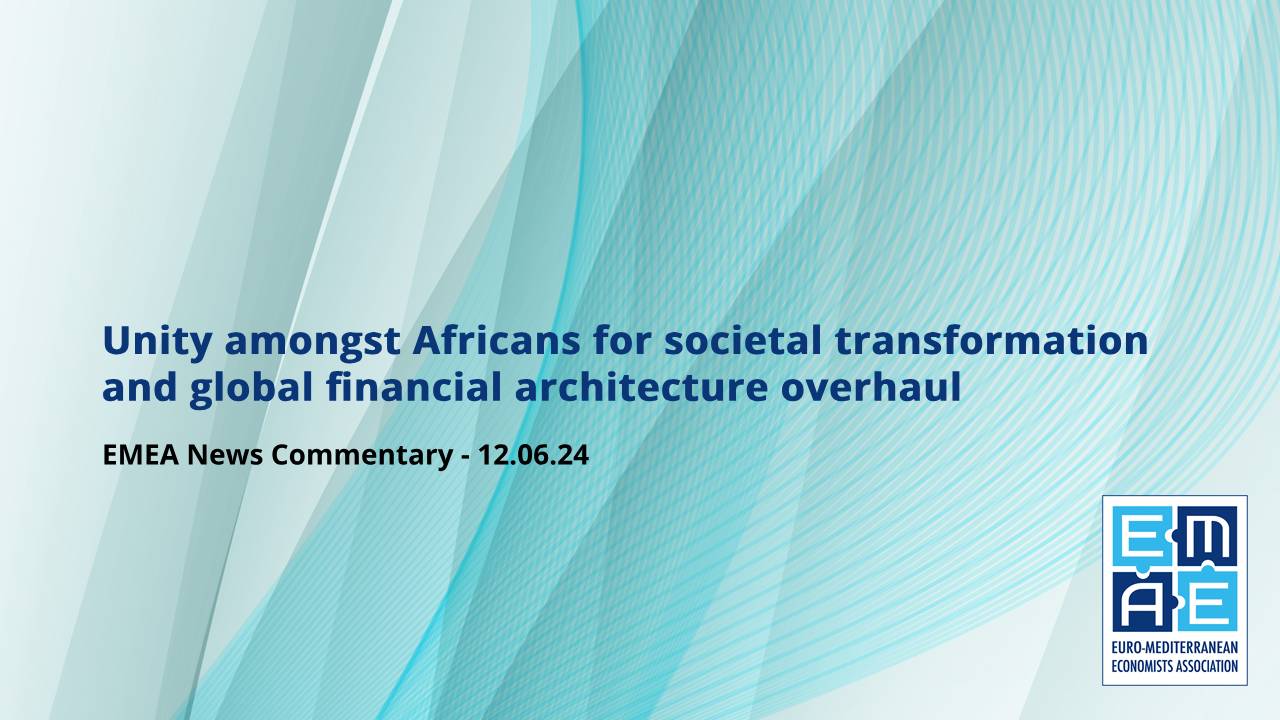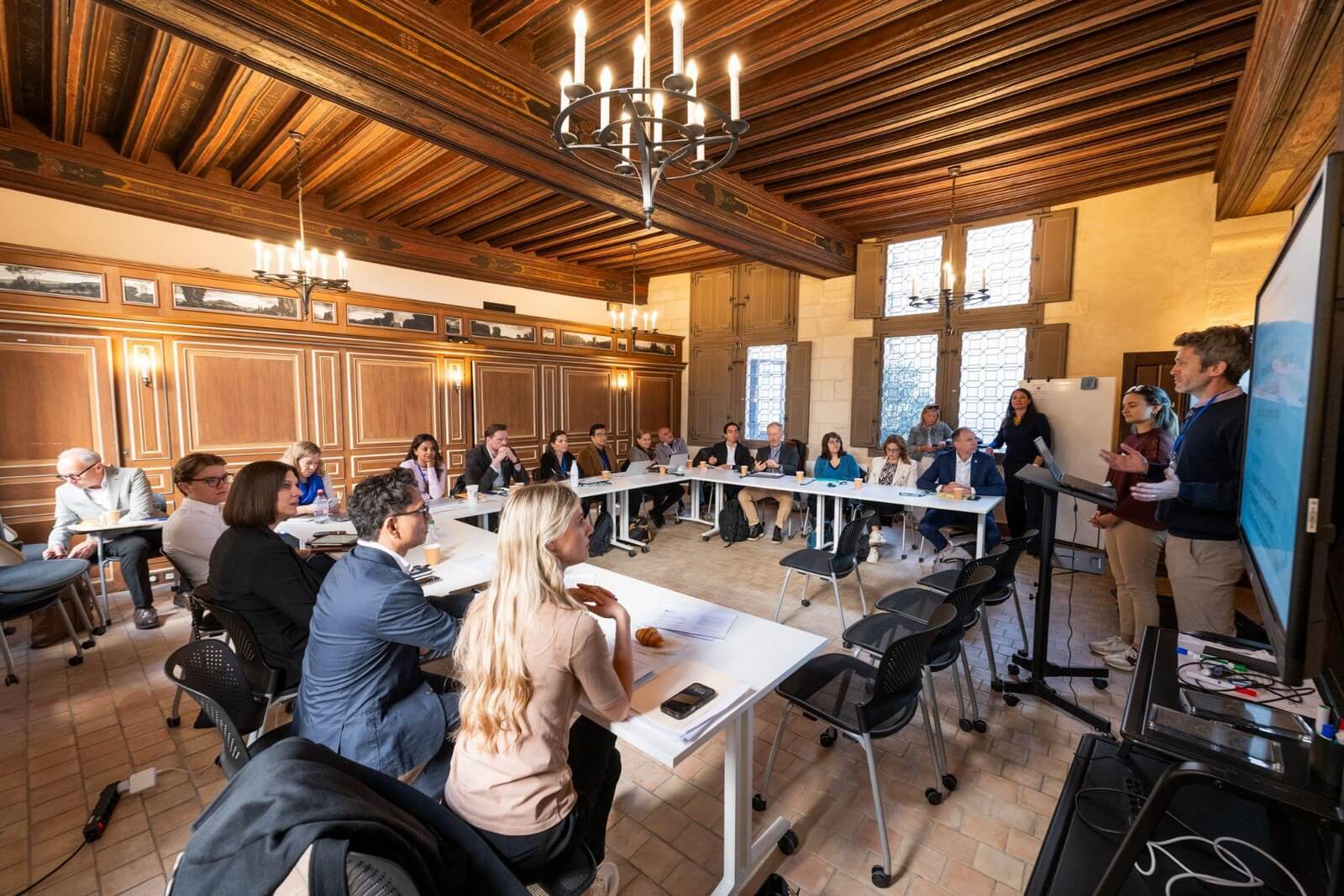The African Development Bank (AfDB) and influential civil society groups from across the continent have agreed to jointly support Africa’s transformation and overhaul of the global financial architecture.
The show of unity came at the Bank’s annual meetings in Nairobi, with clarification of the “institutional arrangements” involving civil society in the Bank’s programmes and projects.
A panel, moderated by Solomon Mugera, the AfDB’s Director of Communications and External Relations and including representatives from a diverse number of civil society organisations, debated the topic “Mobilising civil society to shape Africa’s transformation and reforms of the global financial architecture.”
The parties recognised that to achieve inclusive growth and for the successful design and implementation of development work, the backing of all stakeholders would be required.
Civil society had a key role to play in Africa’s economic and social transformation and their involvement in decision making would have genuine benefits, the panel emphasised. Transparency and equal opportunities encouraged inclusivity, enhancing the quality of public projects and programmes and ensuring they would be better suited to local community needs, it was agreed.
Mavis Owusu-Gyamfi, Executive Vice-President of the African Centre for Economic Transformation commented: “All stakeholders need to adopt a quantitative framework for measuring economic transformation based on five axes which are diversification, export competitiveness, productivity, technology and well-being.”
She believed the new framework would open up the possibility to “guide political decisions and ensure that countries and their institutions are accountable on the basis of reliable data.”
Opportunity for millions of ordinary people to play their part
Masheti Masinjila, Executive Director of the Collaborative Centre for Gender and Development believed that the exchange of views had been decisive in designing a strategic roadmap that would engage civil society in Africa’s development. Millions of ordinary people could now play their part in global debates on finance and development.
Underlining the importance of civil society’s inclusion in the development process, Beth Dunford, the Bank’s Vice-President for Agriculture, Human and Social Development, said that “by working together, we can ensure that reforms are not only initiated, but are effectively monitored and evaluated.”
She reasoned that a commitment to accountability would help to build trust, ensure transparency and make a noticeable impact.
Regarding the overhaul of the international financial architecture, Augustine Njamnshi, Executive Director of the African
Coalition for Sustainable Energy and Access, called for the creation of fair and equitable financial structures, which were shaped towards the challenges and opportunities that Africa faced. “It is possible for us together to influence these reforms and create a financial environment that is conducive to sustainable development,” he said.
Sijh Diagne, adviser to the AfDB’s Vice-President for Finance, Hassatou Diop N’Sele, said that by working together, combining the strengths and expertise of civil society and the Bank “we can create a more inclusive and sustainable future for Africa.”





